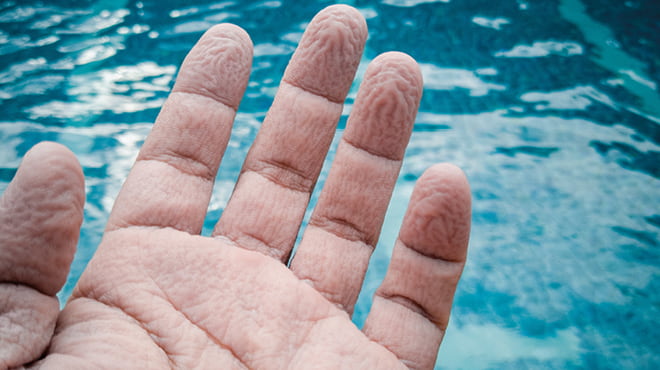Recent Posts
Common questions about headaches

Virtually everyone has experienced at least one headache. It's one of the most common health complaints from patients. They can range from mild everyday headaches to life-threatening symptoms that requires immediate emergency care.
What is a headache?
A headache is pain in any region of the head. It may occur on one or both sides of the head. A headache can be a sharp pain, throbbing sensation or a dull ache. It can last for only a few minutes or for several days.
What causes headaches?
Headaches have many potential causes. Work with your healthcare professional for an accurate diagnosis. Headaches are generally classified into two main types: primary and secondary.
Primary headaches are caused by problems with the pain-sensitive structures in your head and aren't a symptom of an underlying disease or condition. Chemical activity in your brain, nerves, blood vessels or muscles of your head and neck may all be a factor in these types of headaches. They can be triggered by lifestyle factors, such as alcohol, foods, sleep patterns, posture and stress.
Examples of primary headaches are:
- Cluster headache
- Migraine
- Tension headache
- Trigeminal autonomic cephalalgia (TAC)
- Chronic daily headaches
- Cough headaches
- Exercise headaches
- Sex headaches
Secondary headaches are a symptom of a disease. Any number of mild to life-threatening conditions may cause secondary headaches.
Some of the sources of secondary headaches include:
- Acute sinusitis
- Blood clot in the brain
- Brain aneurysm
- Carbon monoxide poisoning
- Concussion
- Dehydration
- Ear infection
- Encephalitis
- Glaucoma
- Hangover
- Influenza
- Meningitis
- Panic attacks
- Pressure from tight-fitting headwear
- Stroke
When should I see my healthcare professional for my headaches?
A headache can be a symptom of a serious condition.
You should go to the Emergency Department or call 911 if you have the worst headache of your life, or a sudden, severe headache accompanied by any or all of these symptoms:
- Confusion or trouble understanding speech
- Fainting
- High fever
- Numbness, weakness or paralysis
- Trouble seeing, speaking or walking
You should schedule a visit with your healthcare professional if you experience headaches that:
- Occur more frequently than usual
- Are more severe than normal
- Don't improve with use of over-the-counter medication
- Prevent you from working, sleeping or participating in day-to-day activities
- Affect your overall quality of life
How do you treat headaches?
There are several ways to treat headaches. You should work with your healthcare provider to help you manage them.
Common headache treatments are:
- Pain-relieving medication
- Preventive medication
- Osteopathic manipulation
- Acupuncture
- Botox
What are some ways to prevent headaches?
Headaches aren't completely preventable, but you can do a few things to help:
- Avoid your headache triggers, such as foods, caffeine and alcohol.
- Exercise regularly.
- Get adequate sleep.
- Don't use tobacco.
- Try to control stress in your life.
- Rest in a dark, quiet room when you feel a headache coming on.
- Place an ice pack on the back of your neck.
Headaches can have a major effect on your quality of life. Staying positive plays an important role in managing your headaches, along with practicing proper treatment and prevention. Contact your healthcare team if you have questions or concerns about headaches.
In this video, I speak about headache and migraine causes and treatment:
Jamie Johannes, D.O., sees patients in Family Medicine in Mankato, Minnesota.




